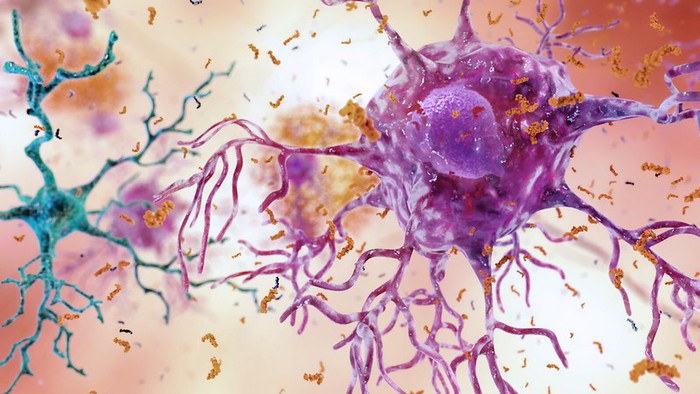AD cognition sciences and technologies of the National Research Council (Cnr-Istc).
The three scholars - Daniele Caligiore, Flora Giocondo and Massimo Silvetti - have reassembled the results of various researches on Alzheimer's and Parkinson's conducted in various fields, from genetics to neurophysiology, like a puzzle.
Thus they came to trace the two diseases back to the same neurodegenerative phenomenon which they called NES (Neurodegenerative Elderly Syndrome) and which would be characterized by three progressive stages.
The first 'seeding phase', Caligiore observes, "begins many years before the onset of clinical symptoms and in it there may be a progressive loss of neurons that produce norepinephrine and serotonin. We propose that this initial damage may be mainly caused by malfunctioning of a very widespread protein in our body, alpha-synuclein. The initial dysfunctions can be due to various genetic, environmental or lifestyle factors, called 'seeds', and can affect different parts of the body. In particular, malfunctioning alpha-synuclein can enter the brain in different ways: it could originate in situ or be transported from the gut."
The type of seed or trigger and the part of the brain and body affected by the initial alpha-synuclein dysfunctions, the route of entry and the type of neuromodulator most involved in this embryonic stage of the disease influence the possible future progression of NES towards transformation into Parkinson's or Alzheimer's.

